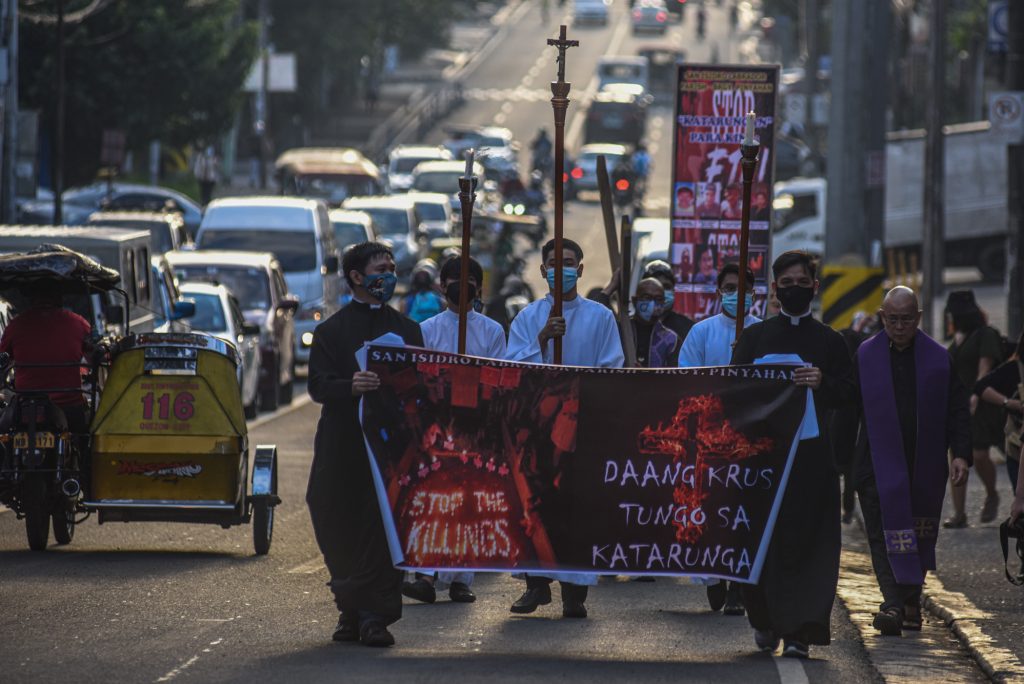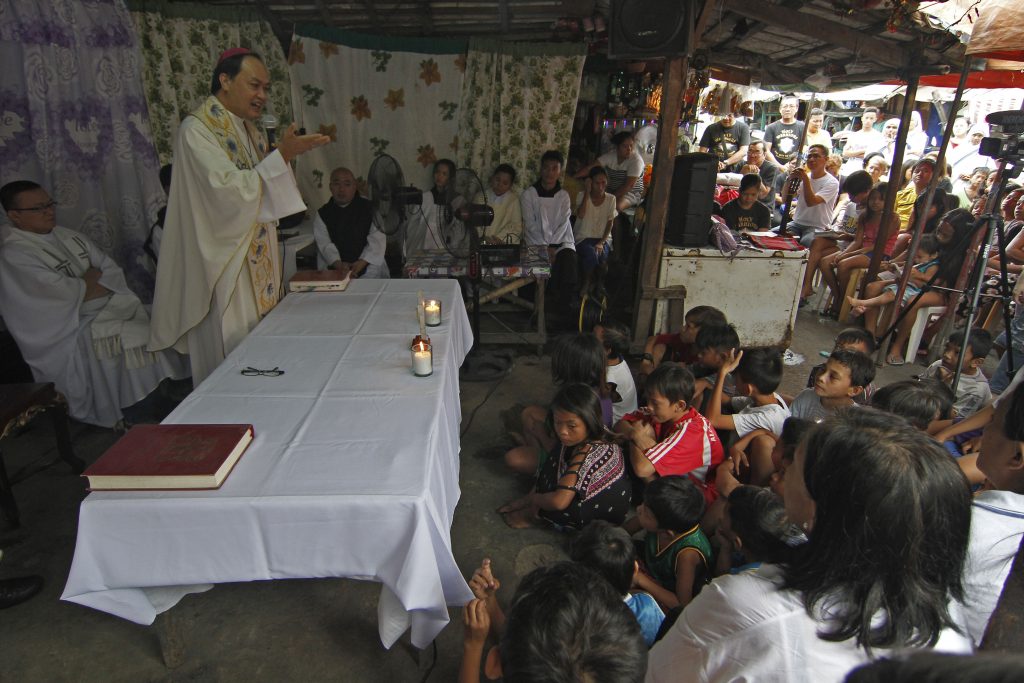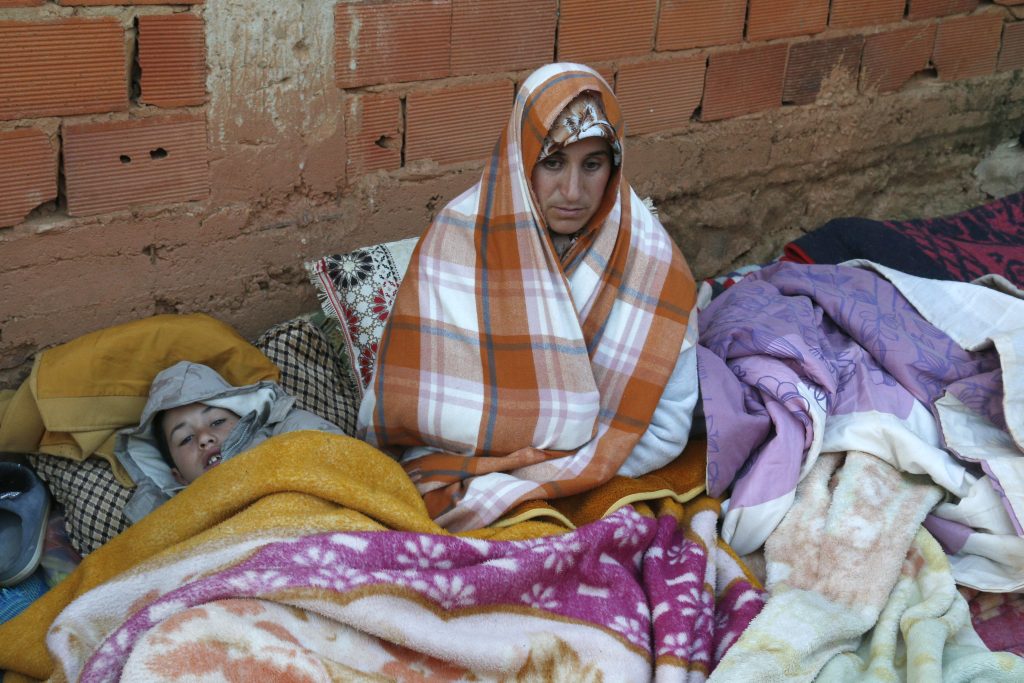
Reflection for the Third Sunday of Lent (Cycle B)
The Spirit of the cosmos while unseen from our finite senses, is able to perceive from within the invisible abyss of our thoughts and emotions, the ambitions of our minds and the corruption of our hearts.
God knows better who we are than we know ourselves.
And the Spirit is also aware that the intelligence we have appropriated through the centuries, which enabled us to travel to the stars, is the same intelligence that is bringing us to the destruction of our own Anthropocene world. The intelligence we have developed that is helping us to comprehend the extent of the social decay surrounding us, is the same intelligence with which we are unabashedly assuming that the Spirit can be called upon by us to miraculously stop it.
The sapience of our species is both our greatest strength and our greatest weakness.
Regarding the causes of our failures, there is in fact, nothing perplexing about the inexplicability of God nor about the complexity of history: we should blame only ourselves for our downfall. We are still essentially creatures with impulsive and at times, irrational brains. For beings that have dominated a distinct geological epoch, we are still astonishingly weak with pride and envy. The mighty civilizations we are claiming to have established as well as the utopian cultures we are claiming to have nurtured to full growth to last for millennia, are slowly crumbling under the weight of our self-centered avarice, lust and wrath.
Eudaimonia is an elusive goal … if we pursue it alone, without the guidance of the Spirit.
God’s kingdom – a kingdom of justice and peace, founded on a common ethos of all people being mutually responsible for one another – will be accomplished only when we can accept the cooperation of the Spirit. We need God to help us overcome the folly of our thinking and ways; only with God can we be assured of achieving lasting happiness and a sustainable future. We must admit that we can never be wiser nor more powerful than God because his wisdom and power emanates only from his desire to love, to live among us, and to serve us.
What and how we innovate our technologies, systems, methods and concepts to preserve our human race, will be futile compared to the simple rules of understanding how to care for each other. God has always given us the opportunity to learn these rules in the hope that we will all eventually be like him. So that we are closely directed towards the fulfillment of his kingdom, God blessed us with two gifts: the exhortation of his Law, and his own example.
The commandments of the Lord constitute the perfect first principles upon which his kingdom is built upon and must thrive – it clearly denotes what we should and should not do in relation to honoring the Father, and in relation to mutual responsibility for others. His rules do not constrain and are in fact, liberating; its precepts are based upon a persevering practice of fraternal charity that will generate just actions as well as actions to correct injustice. Consistent obedience to these rules will guarantee the continuity of our communities.
The Decalogue is an uncomplicated law for everyone – even the least literate among us will be able to comprehend the richness of its teachings. If we can only discipline ourselves enough to pray and meditate upon these sacred words day and night, we will learn to trust ourselves with what it seeks to enlighten in us, so that through us it will bear exceptionally good fruits. Indeed, the Psalm correctly anticipates that God’s Law will be more desired than possessions, power or prestige.
However, living the Law of love is not as easy as it seems. We are confronted with the hard reality that God’s commandments for us to become selfless, will bring us into direct conflict with what the Spirit has known all along: our natural proclivity towards selfishness. Our service for the kingdom is and will be a lifelong struggle against our weaknesses and our evil inclinations to deceive and to hoard; it is also a battle against the influence of those who deceive and hoard. It is a service that may inevitably end in violent sacrifice.
Hence, the example of Christ is also important. The story of his zealous purification of the Temple as God’s dwelling, is the story of a challenge for change against a religious-political system that not only has become a pawn in the hands of the powerful, but has also turned out to be an unrelenting social force behind the oppressive marginalization of the powerless. It is the story of a courageous attempt to concretize the justice and peace of his Father’s kingdom, an attempt that ultimately led to his punishment and death.
But his example as we all know – and as we should all remember – did not end in an ignominious failure, but in everlasting glory. What we have built in pride for a long time, will be annihilated in an instant; what we build through sacrifice “in three days,” will remain forever.
May you therefore be inspired this Lent to continue through life with your service for the kingdom of God!
Brother Jess Matias is a professed brother of the Secular Franciscan Order. He serves as minister of the St. Pio of Pietrelcina Fraternity at St. Francis of Assisi Parish in Mandaluyong City, coordinator of the Padre Pio Prayer Groups of the Capuchins in the Philippines and prison counselor and catechist for the Bureau of Jail Management and Penology.
The views expressed in this article are the opinions of the author and do not necessarily reflect the editorial stance of LiCAS.news.
Source: Licas Philippines






0 Comments